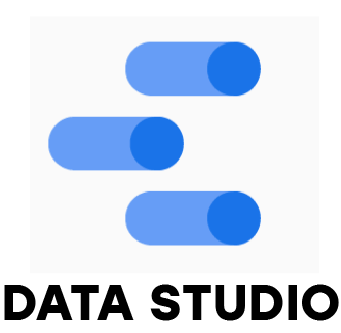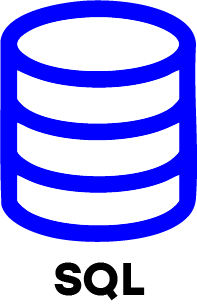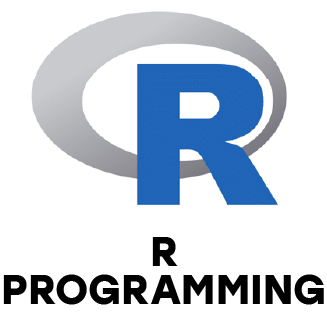1. What are the most common tools used by data analysts?
Ans:
Data analysts frequently work with a variety of tools to handle, analyze and visualize data. These tools typically include Excel for basic analysis and reporting, SQL for querying databases and visualization tools like Power BI and Tableau for presenting insights. For advanced analysis, programming languages like Python (using Pandas and NumPy) and R are widely used. Additionally depending on the organization, tools like SAS, SPSS or Google Sheets may also be part of their toolkit.
2. How should a dataset’s missing data be handled?
Ans:
Handling missing data is important step in data preprocessing. Analysts may choose to remove rows or columns that contain missing values if the data loss is minimal. Alternatively missing values can be imputed using statistical methods like the mean, median or mode. Techniques like forward fill or backward fill may be used to propagate existing values. In more complex cases, predictive models can estimate the missing data or the gaps can be flagged for further investigation.
3. Describe how a database and a data warehouse differ from one another.
Ans:
A database is designed to store real-time transactional data and is optimized for both reading and writing operations. It supports day-to-day business processes like sales and customer transactions. In contrast a data warehouse stores large volumes of historical and aggregated data collected from multiple sources. It is optimized for analytical queries and reporting rather than transactional processing, making it ideal for long-term data analysis and business intelligence.
4. What is the significance of data cleaning in data analysis?
Ans:
Data cleaning is vital because it guarantees the accuracy, consistency and reliability of the data being analyzed. Without this step analysis may lead to incorrect conclusions due to errors or inconsistencies in the dataset. Clean data enhances the quality of insights and allows organizations to make informed, data-driven decisions confidently.
5. What is data normalization and why is it important?
Ans:
The practice of arranging data in a database to reduce dependencies and redundancies is known as data normalization. This is done by dividing data into related tables and defining relationships using keys. Normalization helps maintain data integrity, reduces storage space and improves the efficiency of querying and updating data in relational databases.
6. How do you create a pivot table in Excel?
Ans:
The first step in creating a pivot table in Excel is choosing the dataset for analysis. Then go to the "Insert" tab and click on "PivotTable." Choose where you want to place the pivot table either in a new worksheet or the existing one. Finally, drag and drop fields into the Rows, Columns, Values and Filters areas to summarize and analyze the data dynamically.
7. Can you explain what a join is in SQL and the different types of joins?
Ans:
A join is a SQL operation which brings together rows from two or more tables according to a shared column. The following are common join types: LEFT JOIN, which includes every record from the left table and matched documents from the right; RIGHT JOIN which does the opposite; FULL JOIN which comes back all documents when there is a match in either table; and INNER JOIN which returns only matching rows from both tables. Other forms include CROSS JOIN which yields the Cartesian product of two tables and SELF JOIN which joins a table with itself.
8. What is data visualization and why is it important in data analysis?
Ans:
The process of displaying data using graphical components like dashboards, graphs, and charts is known as data visualization. By highlighting patterns, trends and outliers, it plays a crucial part in assisting stakeholders in rapidly comprehending complex data. Effective visualization enhances communication, supports decision-making and makes data more accessible to both technical and non-technical audiences.
9. How do you perform data validation?
Ans:
Data validation involves ensuring that data meets predefined quality standards and formats. This process includes setting validation rules such as correct data types allowable value ranges or format constraints. Tools like Excel’s data validation feature, SQL constraints or specialized ETL (Extract, Transform Load) tools can be used. Cross-checking data with source systems and using scripts to identify anomalies are also part of standard validation practices.
10. Explain the concept of data modeling.
Ans:
The process of creating a database's structure that specifies how information will be retained, organized and obtained is known as data modeling. It includes the creation of tables, columns, data types, relationships and keys. A well structured data model ensures data consistency and supports efficient storage and retrieval which is critical for building reliable and scalable data systems.


























